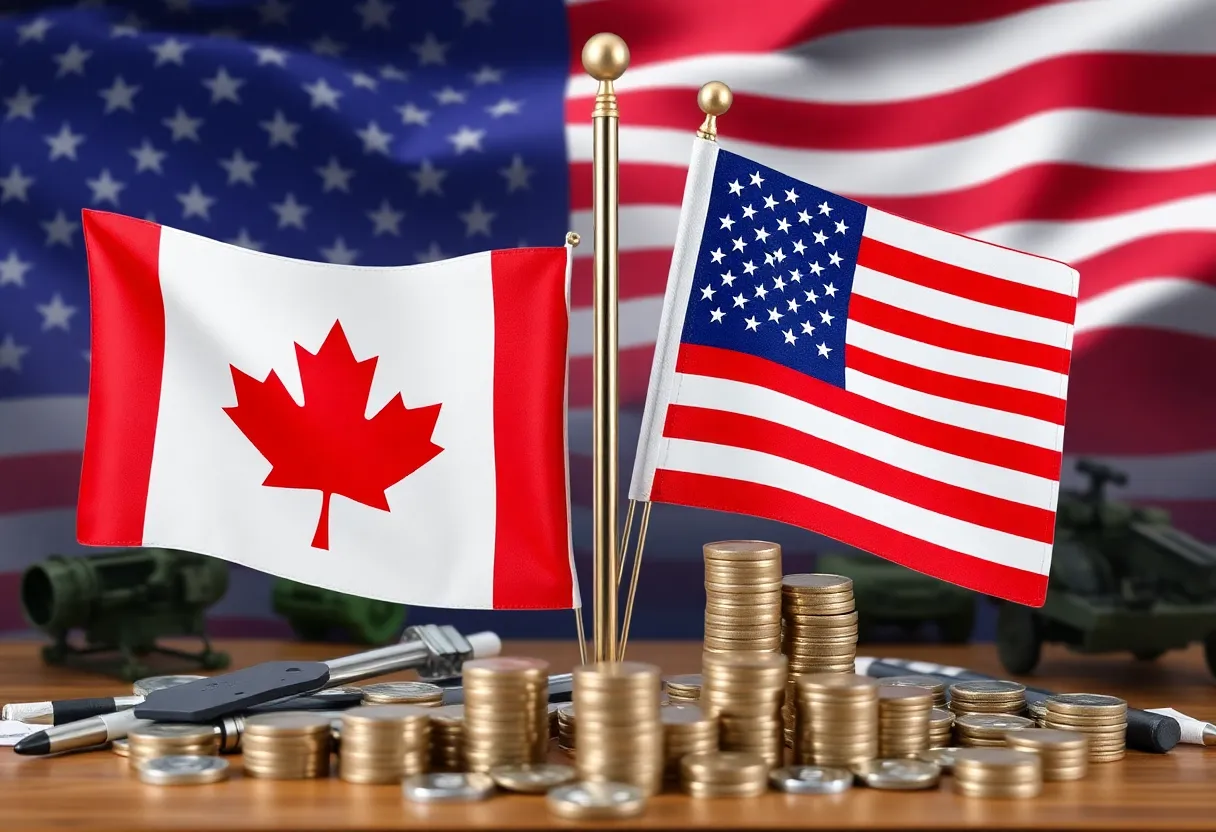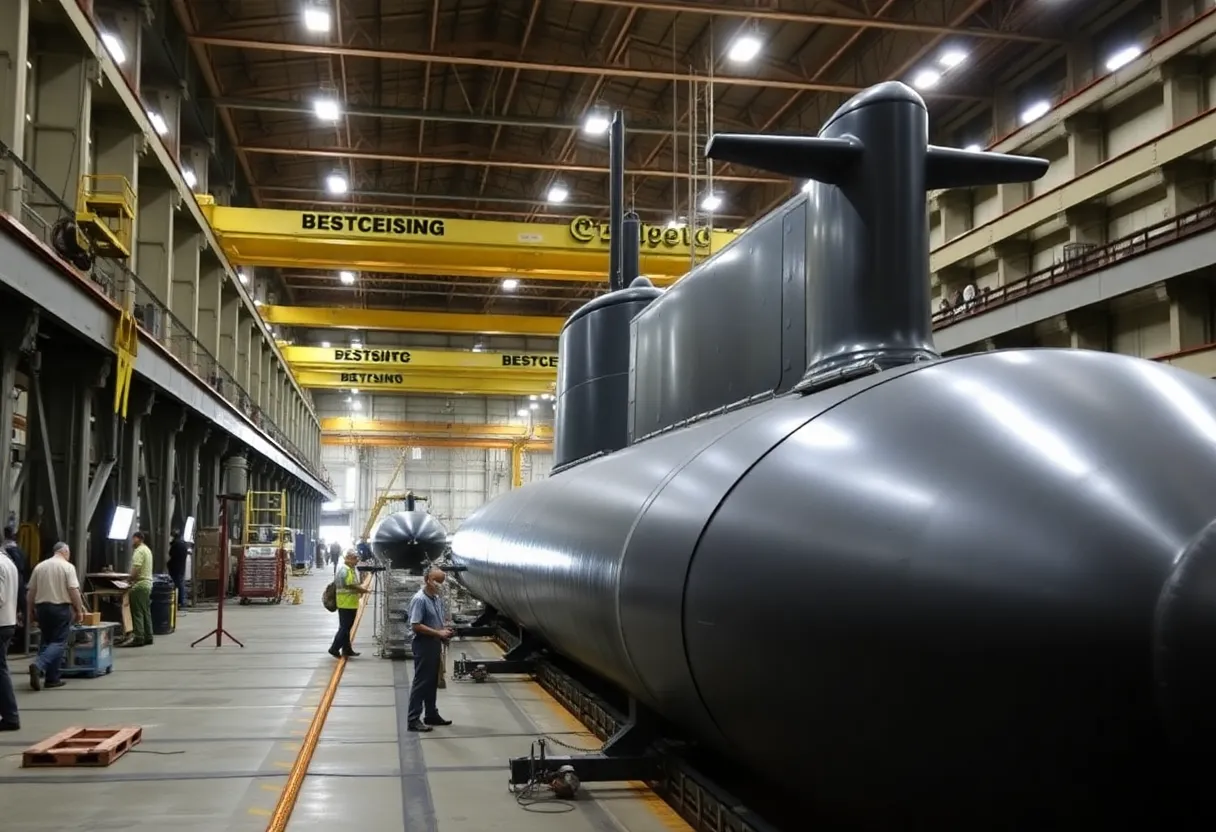News Summary
During a recent gathering of Canadian conservatives, Robert Lighthizer urged Canada to enhance its defense spending to strengthen ties with the United States. He emphasized the importance of collaboration between both nations amidst economic threats, particularly from China. Lighthizer’s recommendations included renegotiating trade agreements and aligning Canadian manufacturing policies with U.S. interests. As Canada approaches its federal election, the discussion on defense and economic cooperation is more relevant than ever.
Strengthening Ties: Robert Lighthizer’s Call for Increased Defense Spending in Canada
In a recent closed-door gathering of Canadian conservatives held on April 11, 2025, Robert Lighthizer, the former U.S. Trade Representative under Donald Trump, shared his thoughts on how Canada can enhance its relationship with the United States. This event in Ottawa attracted considerable attention, shedding light on the future of U.S.-Canada relations amidst existing tensions.
The Path to Recovery
Lighthizer expressed confidence in the ability of both nations to mend their frayed ties. However, he emphasized that a vital step in this direction would be for Canada to boost its defense spending. His message resonated with many attendees, marking a plea for collaboration between the two countries to tackle challenges, especially those posed by China’s economic influence.
Collaboration Against Economic Threats
As economic threats from China increasingly become a focal point in global discussions, Lighthizer urged Canada to play an active role in assisting the U.S. government in managing this situation. A united front, as he suggested, wouldn’t just benefit national interests but could also pave the way for economic stability on both sides of the border.
Revamping Trade Agreements
One of Lighthizer’s most striking recommendations involved renegotiating the North American Free Trade Agreement (NAFTA). He proposed excluding Mexico from the discussion, reflecting his concerns over trade dynamics that he believes disadvantage both the U.S. and Canada. With trade deficits having a direct impact on American industries, including those closely connected with Canadian enterprises, he argued that this conversation needs to happen sooner rather than later.
Impact of Tariffs on Economic Health
As Canada approaches its federal election on April 28, 2025, the discourse surrounding economic matters remains at the forefront of political debate. Political figures are grappling with the implications of tariffs imposed during the Trump administration, which Lighthizer indicated were originally designed to reduce the influence of what he termed “freeloaders” in the global market. The push for balanced trade is a sentiment that finds common ground among those affected by the current economic landscape.
Manufacturing and Defense Spending
Lighthizer linked the notion of a manufacturing renaissance in the U.S. to Canada’s potential to benefit economically. He argued that the opportunity for growth lies in aligning Canadian manufacturing policies with those of the U.S., especially in light of ongoing efforts to strengthen defense spending. Currently, Canada struggles to meet NATO’s stipulated defense spending target of 2% of GDP, with past calls from Trump suggesting an even higher figure of 5%. Lighthizer asserted that contributing adequately to national defense is crucial for Canada, given its proximity and relationship with the U.S.
The Interconnected Economies
The remarks by Lighthizer underscore the intertwined nature of the U.S. and Canadian economies. The implications of trade tariffs and defense investments are felt on both sides, stressing a shared urgency for collaborative solutions. As Lighthizer critiqued the previous Trudeau administration’s approach to negotiations, he noted the potential pitfalls of seeking a sunset clause in the recent United States-Mexico-Canada Agreement (USMCA), indicating that such decisions were misjudged considering the current political landscape.
Final Thoughts
As talks regarding defense spending and economic collaboration continue, both nations find themselves standing at a crossroads. The emphasis from Lighthizer on the necessity for Canadian investment and support illustrates a broader desire for a united front against evolving global challenges, particularly concerning China. With the upcoming federal election close on the horizon, it will be fascinating to see how these discussions shape the priorities of Canadian policymakers moving forward.
Deeper Dive: News & Info About This Topic
- Politico: Canada-US Friendship and Trade Tariffs
- Wikipedia: Canada-United States Relations
- Reuters: Canadian Aerospace Groups Warn of Fresh Tariffs
- Google Search: Canada aerospace tariffs
- The Guardian: Donald Trump and White House Security Leak
- Encyclopedia Britannica: Trade
- New York Times: Tariffs on US Allies under Trump
- Google News: US tariffs on allies
- Defense News: Trump Tariffs Could Backfire on Military
- Google Scholar: Trump tariffs







